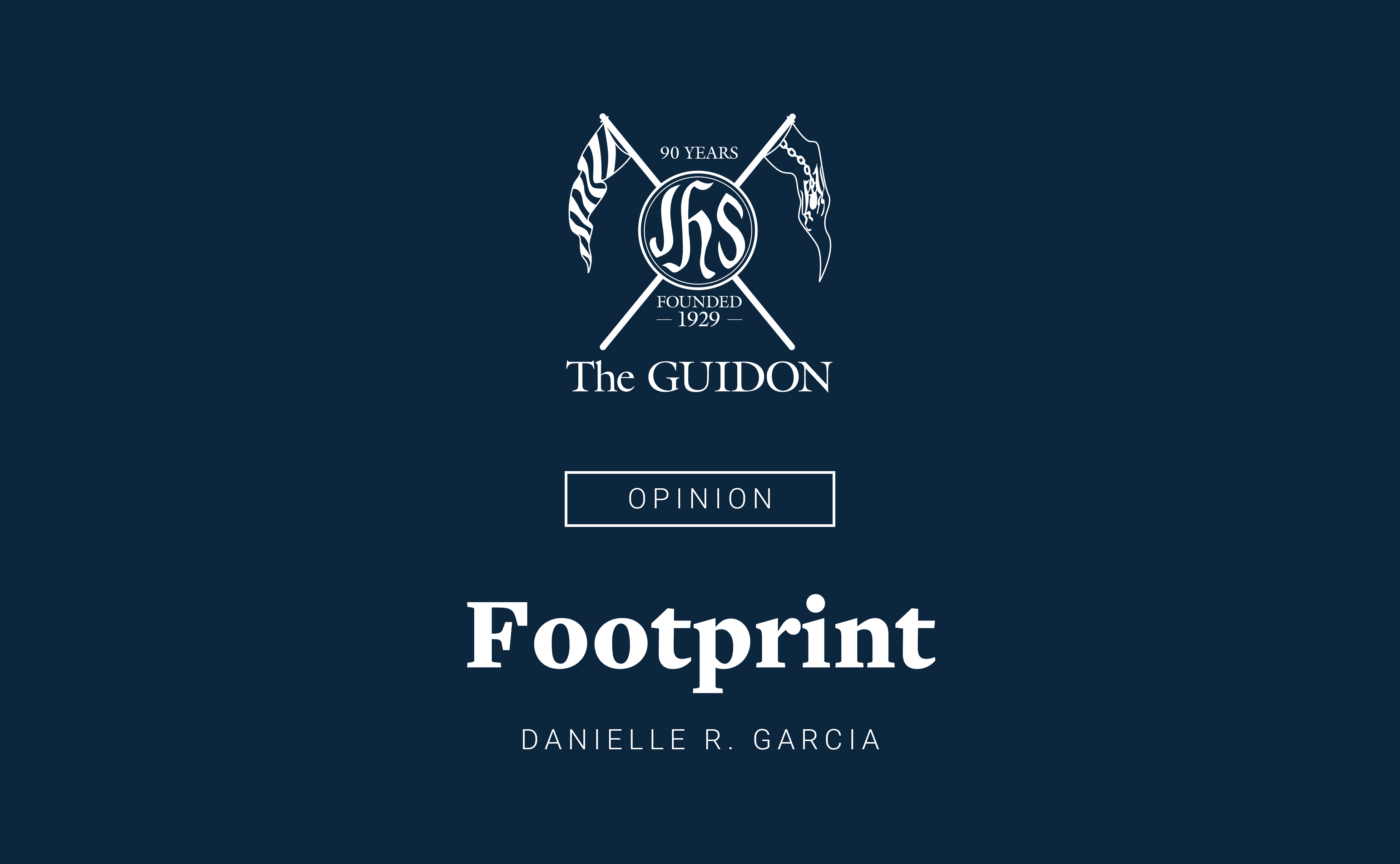I SEE the world through a lens that is unique to my person. My biases on social issues are a product of twenty years’ worth of learning from a diverse set of peers and authority figures, my exposure to a myriad of articles, and finally, experience.
Every waking moment consists of a distinct online routine on my phone: Check The Economist Espresso app to find out recent updates on the global agenda. Open CNN or Al Jazeera next if I want to find out more. If I have time to spare, visit The Washington Post or The Guardian and compare and contrast all the outlets’ methods of reporting. I ask myself: What do each of them report, and what do some choose not to?
It may be emotionally taxing for some to read articles first thing in the morning, but I enjoy it. Otherwise, the fear of missing out ensues.
When I revisit my news browsing habits, I realize that most of the international news outlets that I prefer to check lean towards left-center on the political spectrum. This exposure makes me prone to perceiving realities subjectively. How I can mitigate this, I can’t say for sure, but I attempt to read articles by right-center outlets such as The Wall Street Journal for views I may have missed out on.
This question then comes to mind: How do we reconcile news outlets’ different leanings on the spectrum with heated debates on media neutrality?
Let’s begin by tracing our steps back home: The Philippine political landscape is alive and kicking, but the foundation of every election season is personality politics. Candidates compete to get featured in the bulk of local news outlets’ coverage, yet they are not urged enough to follow through with their plans.
While it is every news outlet’s mandate to provide full coverage of what transpires in elections, what do we make of information merely laid out for us?
I say that we need more honest and assertive local news outlets—they shouldn’t shy away from taking informed stances on the competence of our electoral candidates. In doing so, candidates are urged not only to take their platforms with utmost seriousness, but also to take the nation’s interests to heart. This, too, helps Filipino citizens make more platform-based voting decisions instead of choices founded on whose name makes the most rounds within community discourse.
To put this into perspective, in January, the Editorial Board of The New York Times endorsed Democrats Elizabeth Warren and Amy Klobuchar separate from the Opinion section, providing critiques on their competence as potential future leaders of the country. Still, the Times remains reputable worldwide, and US citizens are engaged voters.
Who’s to say the Philippine media can’t critique candidates the way The New York Times does? This is not to endorse slanted reporting, but there is a way for news outlets to anchor their principles with fact-based reportage.
All it takes is a revisiting of core values. If the media constrains itself to relaying facts without adding social commentary that encourages people to speak up, won’t it only fulfill half its duty to inform the public?







